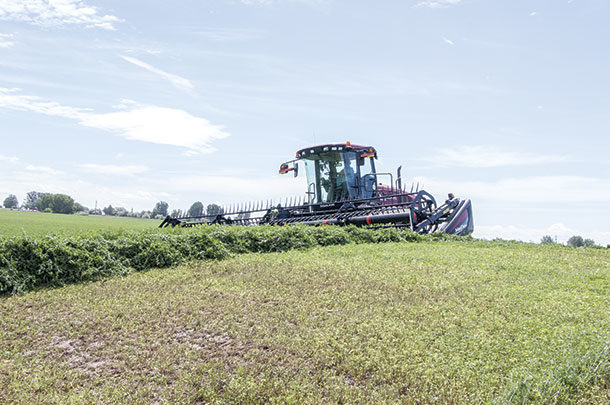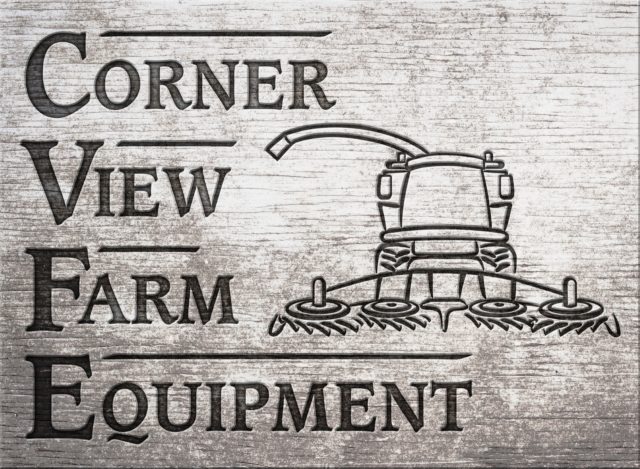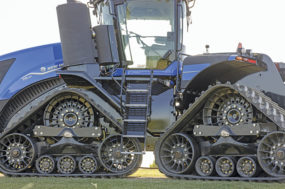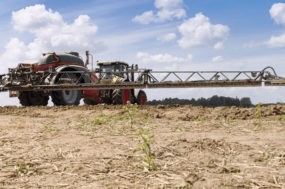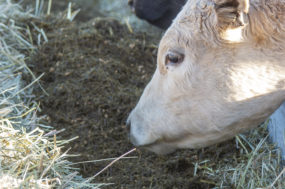To paraphrase ZZ Top, at moments like this, many of you gotsta get paid, which is understandable; the harvester has provided a service and expects to get paid for doing so.
In a few states – Alabama, Delaware, Illinois, Kansas and Kentucky – automatic statutory liens ensure custom operators get paid. A lien is a security interest given to a creditor in a debtor’s property lasting until a debt is satisfied. For example, Fred swaths Terry’s alfalfa for her and bales it.
If Fred lives in one of the states listed above, Fred will have an automatic lien, meaning he does nothing to create the lien, but the lien exists in the hay until Terry pays Fred for his services.
In these states with automatic liens, the custom operator holds an interest in the hay until payment is made. The lien requires any money made from selling the hay to go to the custom operator for the services. With hay used on-farm, the custom operator could foreclose on the lien and sell a portion of the hay crop to satisfy the debt.
In a few automatic lien states, the hay cannot move from the farm without the owner first notifying the custom operator. It is important for harvesters to understand the lien statute and requirements in the applicable state.
I should point out that you should never attempt self-help remedies like taking bales to satisfy what you are owed. Taking bales could result in criminal charges against you for theft and trespass – charges that could be considered felonies in many states, meaning you could face jail time of over one year or higher fines.
What about those of you in the majority of states without automatic liens? In states without automatic liens, custom operators should maintain good business records to demonstrate how much is owed them. Records demonstrating how many acres swathed, the number of bales baled and receipts or bank statements to demonstrate how much clients have paid on previous jobs, for example, would all go a long way to demonstrate what is owed in the event a dispute arises.
With these records, a harvester could work with an attorney or represent himself or herself to begin a breach of contract lawsuit to collect on the unpaid services. A breach of contract suit will take time and money to receive what you are owed. One option in this situation that would allow the dispute to be resolved without going to court could be using mediation to resolve the dispute.
Many states have USDA ag mediation programs that provide alternative dispute resolution through mediation to producers. Using this service allows both parties to sit down with a mediator, a neutral third party who helps the parties efficiently resolve the issues.
Regardless of whether a harvester is in a automatic lien state or not, before each hay season, he or she should develop a simple contract laying out the terms of the services provided and what rates will be charged. Although for many harvesters these have always been handshake deals, if not being paid for services is a recurring issue, then maybe it is time to consider a simple contract.
The document would allow the parties to spell out definitively when payment for services is due and set forth consequences if payment is late. The document could simply be an invoice given to the customer after each cutting and baling. Working with an attorney to develop a contract before hay season can give the harvester leverage to ensure payment in a timely fashion and avoid expensive court processes to obtain payment owed.
Sadly, customers not paying their bills is a problem from time to time in many industries. Even attorneys face issues with clients who fail to pay. Do not ever repossess hay in lieu of what is owed you without first going to court to get the authority to do that. Remember that a few states have laws creating an automatic lien in the hay that exists until terminated by payment.
In states without automatic liens, a harvester needs records to demonstrate the services provided and the rate agreed upon, and may bring a breach of contract suit in court to get paid, or may be able to utilize a mediation program as an alternative to court. Each season, use a simple contract to define the services provided and when payment is due. Each of these tools will help ensure payment in a timely manner. ![]()
PHOTO: Some states have laws that ensure you get paid for custom mowing and baling services. For those that don’t, it’s important you maintain good records. Photo by Jaclyn Krymowski.

-
Paul Goeringer
- Extension Legal Specialist
- University of Maryland
- Email Paul Goeringer
